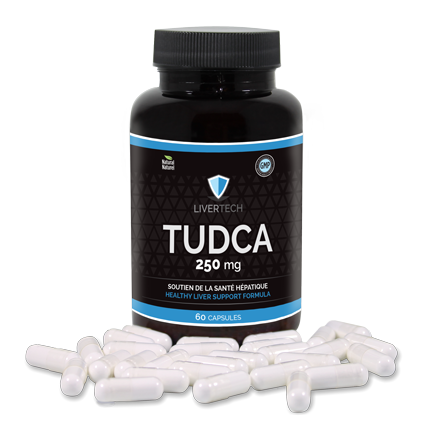
Tudca (Tauroursodeoxycholic acid) is an ambiphilic bile acid. Ambiphilic compounds act as both a nucleophile and an electrophile. Thus either attracting or donating electrons to maintain homeostasis. Tudca is that Taurine conjugate of oursdeoxycholic acid (UDCA). It is found in the human body in minute amounts and found in greater amounts in the bile of the American Black Bear (47% of the bile) and in 76% of the bile of the Asiatic bears.
Tudca has been used in ancient Asian pharmacopeias for its supposed beneficial effects. It was used to treat heat illness, relieve spasms, reduce fever and improve visual acuity.
Our TUDCA is manufactured in state of the art cGMP labratories in Italy, rules confirmed and granted by Italian Health Ministry during its periodic site inspection. PCA quality system is ISO 9001:2008 approved since 2001 while our environmental system is ISO 14001:2004 approved since 2004 and for both certifications renewal we are regularly inspected by DNV (Det Norske Veritas) on yearly base. Since May 2005 PCA site is US-FDA approved for Ursodiol ( Ursodeoxycholic acid name in the USA) manufacturing and this has been re-confirmed in February 2014 inspection.
Our TUDCA is of synthetic provenance and not from bovine or urso bile extraction. The starting material is cholic acid from which the Ursodeoxycholic acid is synthesized, then the Taurine conjugate is produced.
UDCA is produced in several countries for the treatment of gallstones and liver cirrhosis. In the USA it is an approved treatment for biliary cirrhosis. It aides in facilitating the flow of bile. Research findings show that Tudca has
- Apoptotic effects; prevents cellular apoptosis,
- Positive effect on cholesterol; helping cardiac function and stroke,
- Neuro-protective effects; aiding Huntington’s disease, Parkinson’s disease and protecting against memory and cognitive failure; aiding against dementia.
Apoptosis is the programmed cellular death which is largely influenced by the mitochondria. When mitochondria is in distress they release the molecule cytochrome C (cyC) which initiates enzymes called caspases to propagate cellular mechanisms to cause apoptosis. Bax, is a molecule that is translocated to the mitochondria to release cyC and initiates the cellular pathway to apoptosis. Tudca prevents apoptosis by preventing Bax from being transported to the mitochondria.
The US Food and Drug Administration approved hydrophilic bile acid for the treatment of certain cholestatic liver diseases. It inhibits oxygen radical production, reducing endoplasmic reticulum (ER) stress and stabilizing the unfolded protein response (UPR). That ER stress contributes to insulin resistance and treatment with Tauroursodeoxycholic acid (TUDCA), a hydrophilic bile acid derivative that acts as a chemical chaperone to enhance protein folding, ameliorating ER stress and increasing insulin sensitivity. 1
References:


